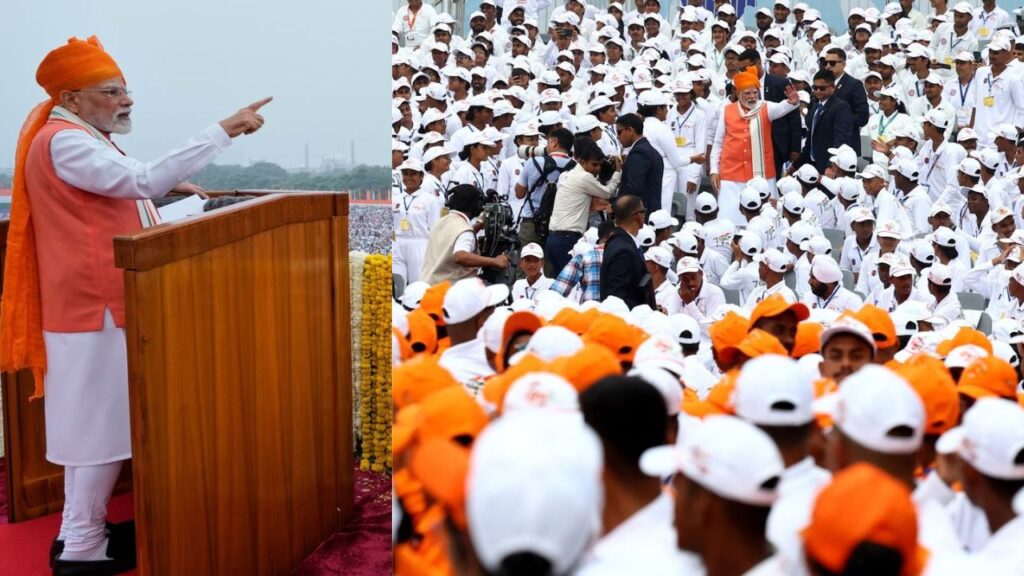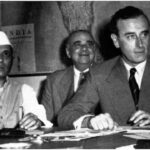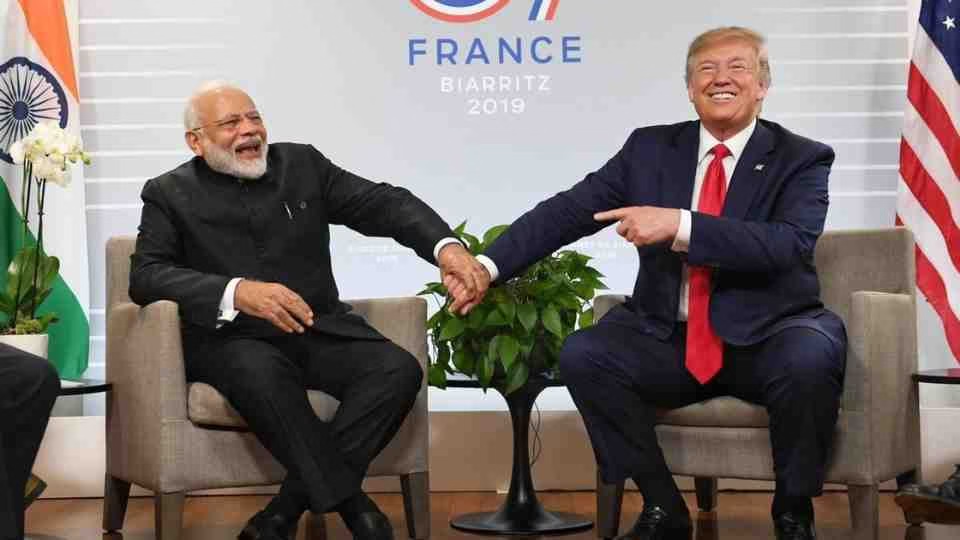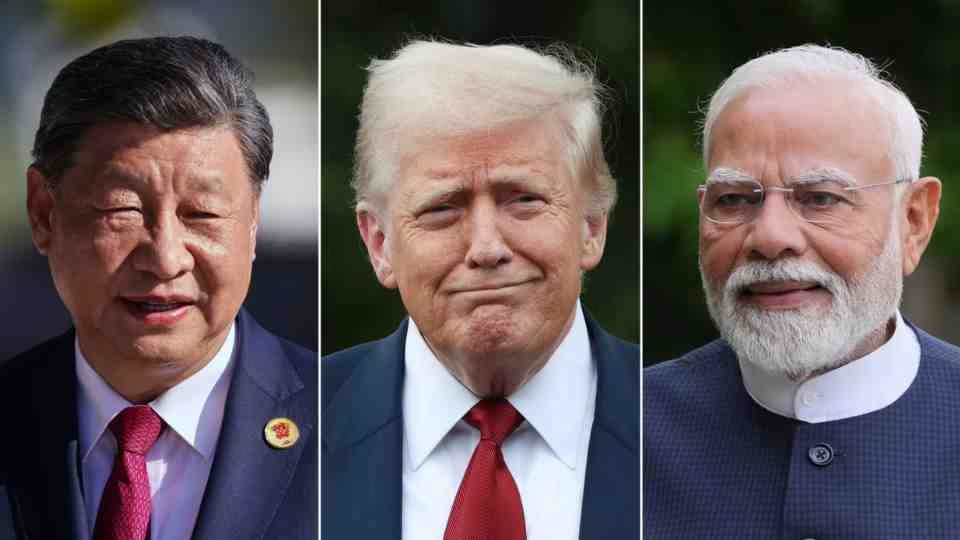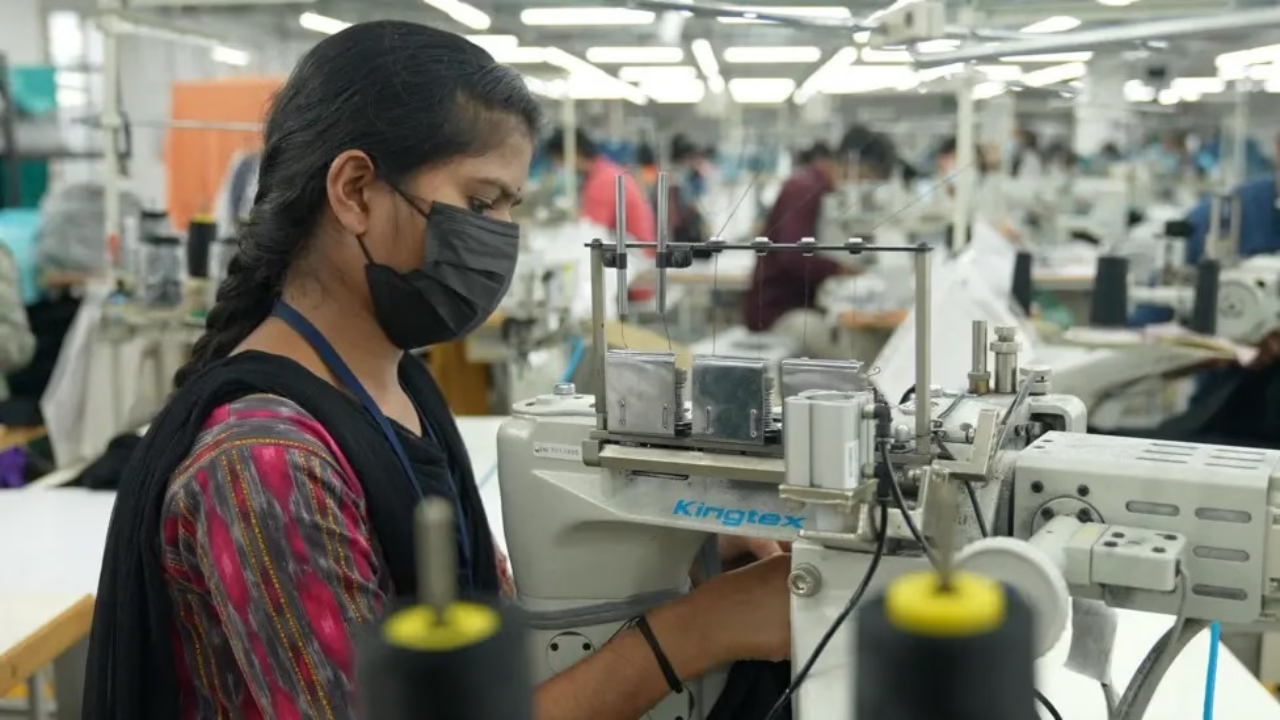In his twelfth consecutive address from the ramparts of Delhi’s Red Fort on India’s 79th Independence Day, Prime Minister Narendra Modi issued a strong warning to Pakistan, stating that India “will not tolerate nuclear blackmail.”
The comments come in the wake of a four-day military conflict in May, which saw both nuclear-armed nations exchange missiles, drones, and heavy gunfire. The escalation was triggered by a terror attack in Pahalgam, Kashmir, that killed 26 people. India retaliated by striking what it called terrorist infrastructure across the border, leading to a tit-for-tat exchange of hostilities.
“India has decided, we will not tolerate nuclear blackmail,” Modi declared. “We have established a new normal. Now we will not distinguish between terrorists and those who nurture and support terrorists. Both are enemies of humanity.”
The Prime Minister also took a firm stance on the Indus Water Treaty, which regulates the flow of river water between the two countries. “India has now decided that blood and water will not flow together,” he said, accusing the treaty of causing “enormous harm” to Indian farmers.
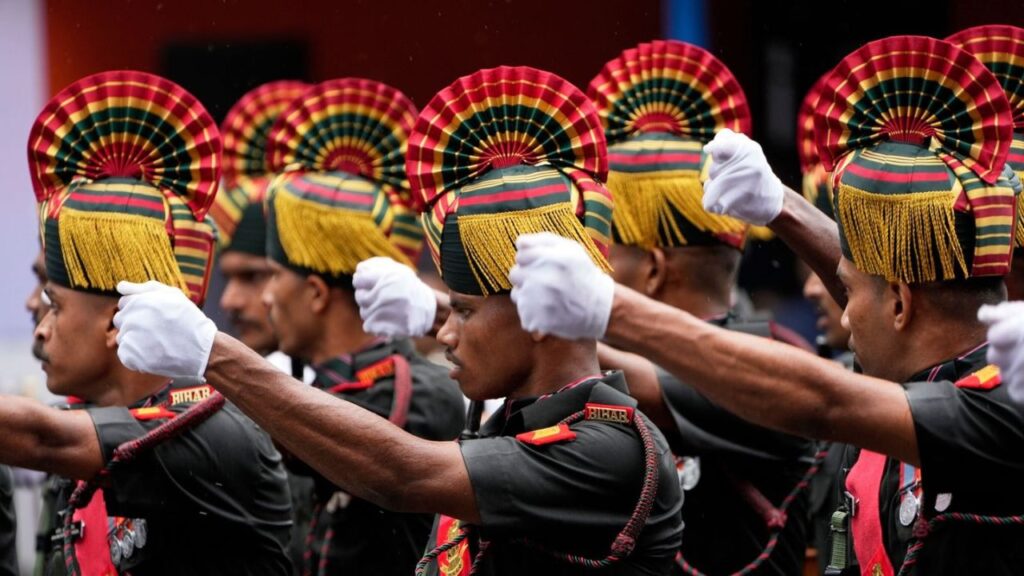
The Role of Donald Trump
The May conflict and subsequent ceasefire have been a source of diplomatic contention. According to Pakistan’s Prime Minister Shehbaz Sharif, a ceasefire was brokered through the intervention of US President Donald Trump. Sharif has since recommended Trump for the Nobel Peace Prize, praising his “pivotal leadership” in de-escalating the crisis.
However, India’s government has consistently denied any such intervention. Foreign Minister Subrahmanyam Jaishankar stated in parliament that “there was no leader… nobody in the world that asked India to stop its operations.” The Indian government maintains that the ceasefire was a result of direct talks with the Pakistani military. Trump, on the other hand, has repeatedly claimed that he “settled” the conflict, linking it to stalled trade talks with India. He has also imposed significant tariffs on India for its purchase of discounted Russian oil.
Focus on Self-Reliance and Economic Inequality
Beyond foreign policy, a central theme of Modi’s speech was Atmanirbhar, or self-reliance, with a focus on strengthening India’s defense capabilities and economy. While India has the fourth-largest economy in the world, its GDP per capita income ranks 144th, a figure that critics say points to a large and growing wealth gap.
A 2024 report by the Paris-based World Inequality Lab highlighted this disparity, stating that inequality in India is now worse than it was under British colonial rule. The study found that the wealthiest 1% of Indians hold over 40% of the nation’s total wealth. This concentration of wealth is a major challenge for the government, particularly as it faces the task of creating employment for its vast and young population. Modi’s speech also addressed domestic issues such as structural reforms, welfare schemes, and public health, while also vowing to protect farmers’ interests.

